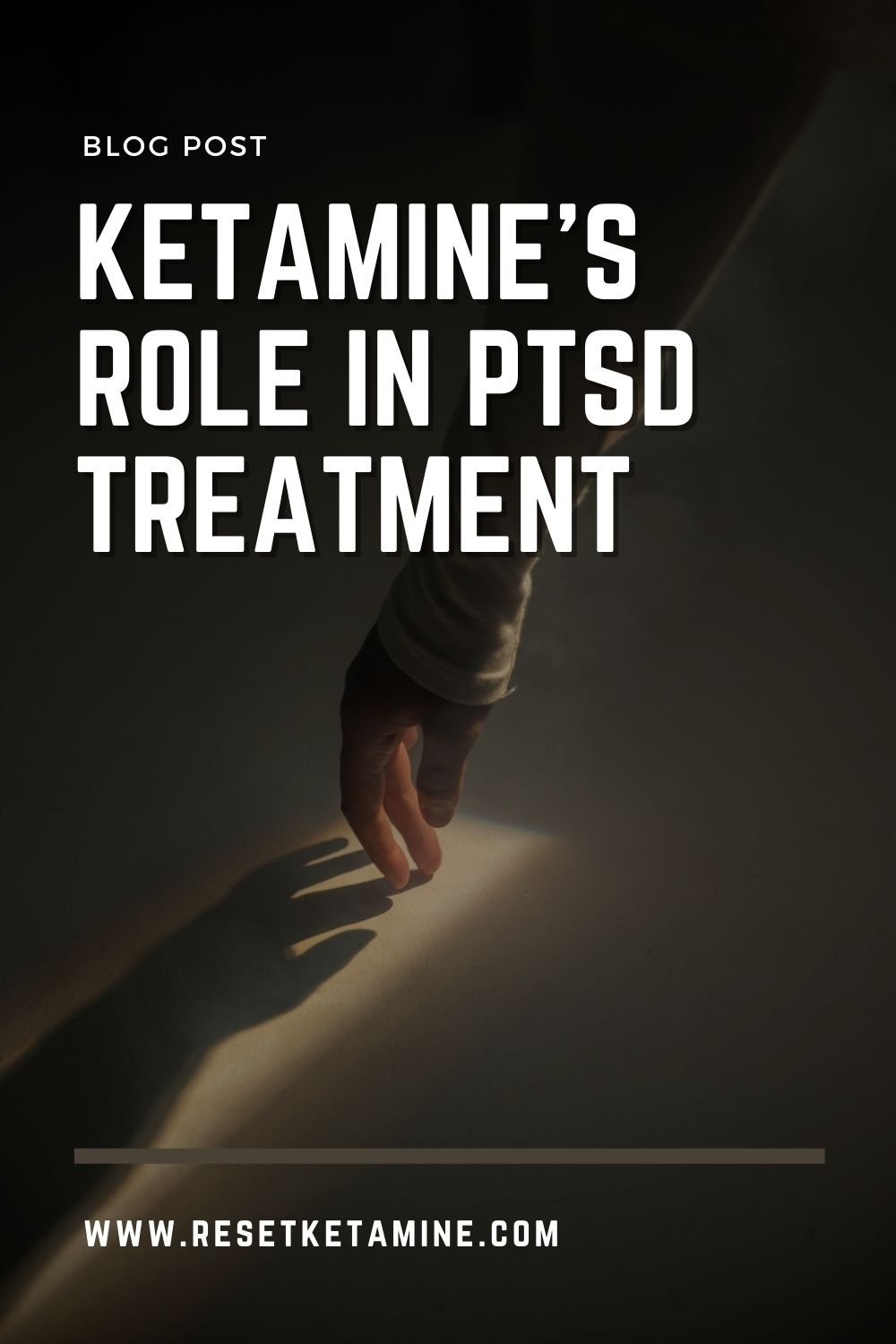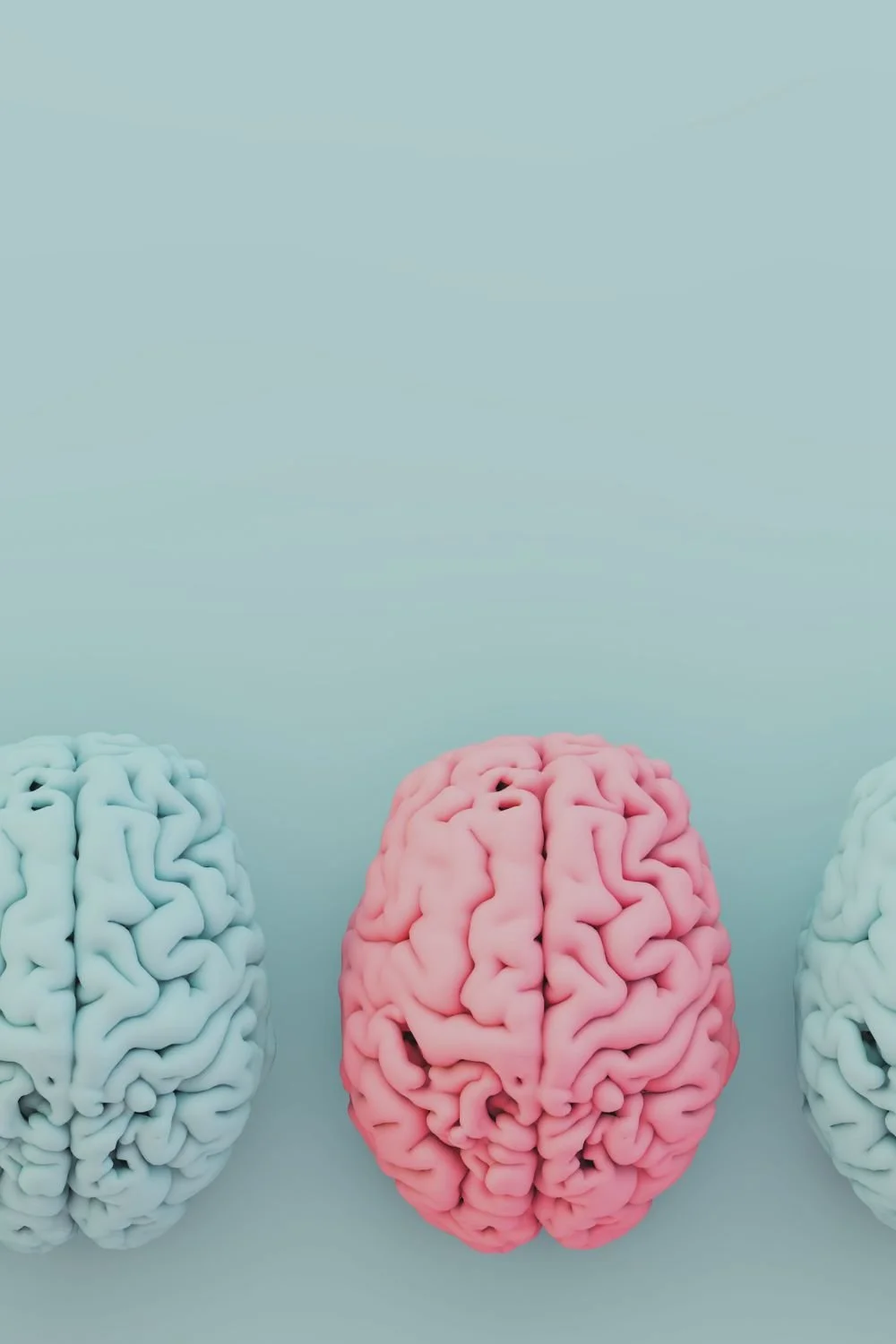Post-traumatic stress disorder (PTSD) is a chronic disorder that arises after severely stressful events. PTSD is characterized by its disabling effects—hyperarousal, avoidance, and re-experiencing of symptoms. Affecting an estimated 6.8% of the general population, PTSD is particularly diagnosed among people who have experienced interpersonal violence. Survivors who suffer from PTSD do not have many options in reducing PTSD symptoms, because few modern pharmacotherapies—treatments using drugs—are effective.
In recent years, an enlightening study was conducted at the Icahn School of Medicine at Mount Sinai in New York. As the first randomized clinical trial monitoring ketamine—a commonly used anesthetic—as a treatment for PTSD, the study resulted in some hopeful findings. Researchers concluded that ketamine not only significantly but rapidly reduced the severity of PTSD symptoms.
From 2009 to 2012, the 41 subjects, all between the ages of 18-55 years, were either administered ketamine or a placebo drug, midazolam. Subjects were interviewed and scored at least a 50 on the Clinician-Administered PTSD Scale (CAPS), indicating they suffered from moderate to severe PTSD. All subjects received either a single dose of ketamine or midazolam. Twenty-four hours after the dose, the subjects were rated on their PTSD symptoms.
The Icahn School of Medicine clinical trial was the first study to indicate that ketamine, opposed to the placebo, reduced the severity of PTSD symptoms in subjects within 24 hours. Frequently the benefits of the ketamine lasted longer than 24 hours for subjects. The study also found that ketamine was a low risk and had minimal side effects, while also reducing the depressive symptoms associated with PTSD.
Although this study was limited to one infusion and did not have long-term followup, it still gives hope to scientific researchers and more importantly, to trauma survivors. As a matter of fact, some innovative Veterans Affairs (VA) medical centers are beginning to use ketamine for treatment-resistant depression and suicidal thoughts. Those who live with PTSD do not have to suffer indefinitely. Ketamine infusions may provide rapid relief from PTSD symptoms. Please contact us now for any questions that you may have.
References:





Learn how ketamine therapy affects PTSD, when it may worsen symptoms, and how alternatives like the stellate ganglion block can offer relief.